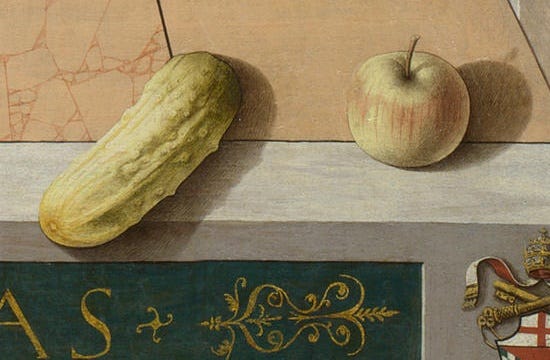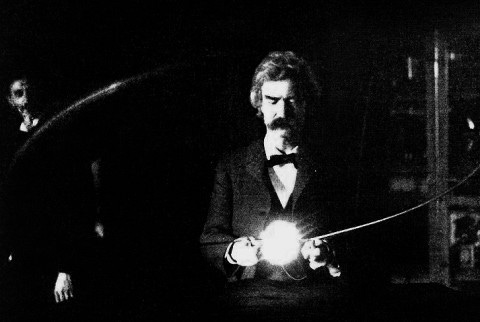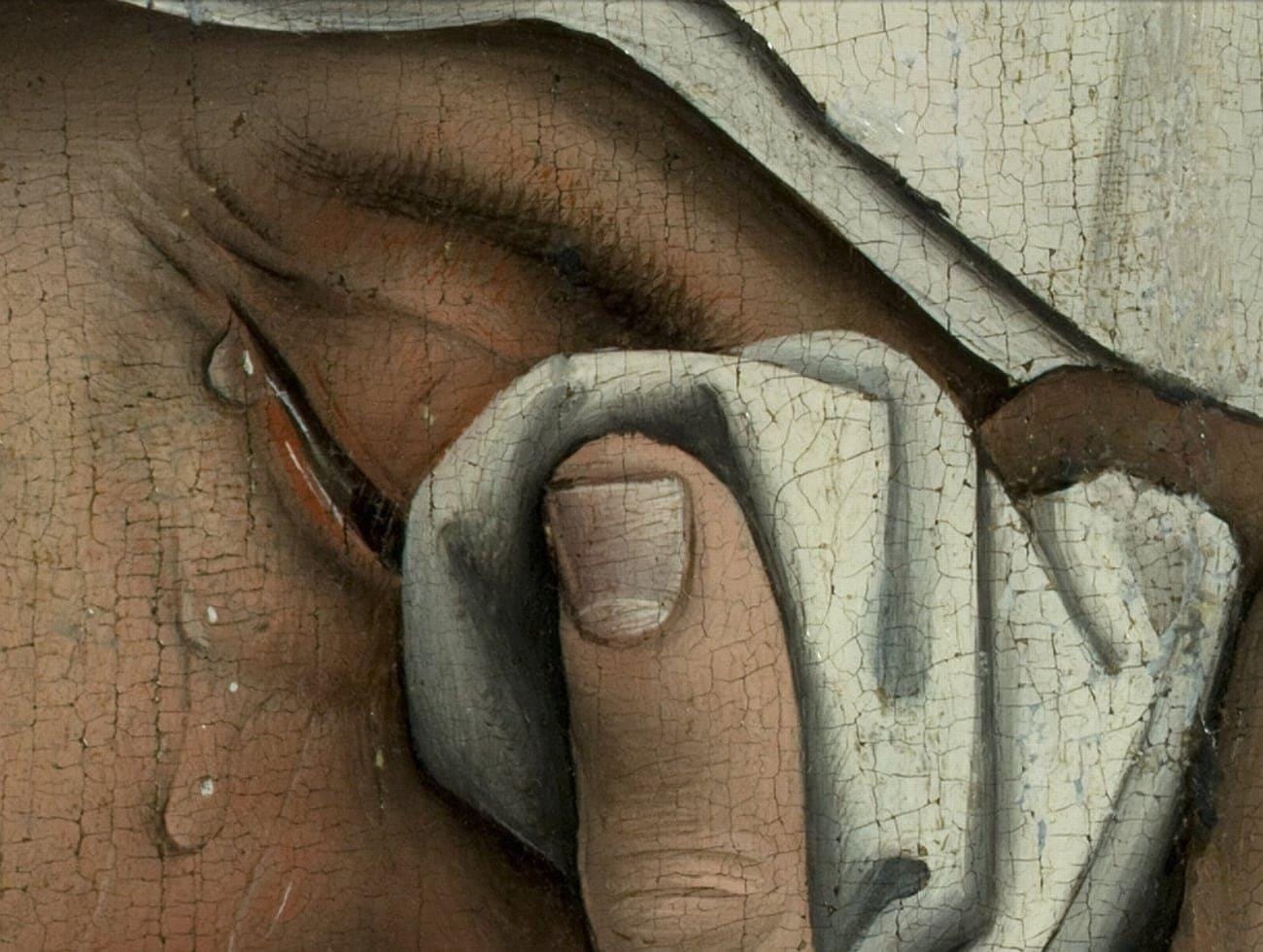Dear Ashley and Chris (Stendhal's syndrome)
'Nothing could save her now except the familiar and the mundane.'
Dear Ashley and Chris,
Thanks for signing up to this newsletter. I hope you’re enjoying Florence. Great to hear you’re into the nocciola ice cream. So glad you got to see Primavera ‘in season’.

When do you get back? And are you feeling okay? In 2018 a man suffered a heart attack standing in front of Botticelli’s The Birth of Venus making him one of the more recent victims of Stendhal’s syndrome.

Stendhal’s syndrome, or Florence syndrome (‘It is surely the sheer concentration of great art in Florence that causes such issues’) or hyperkulturemia if you’re feeling fancy, is a psychosomatic condition involving rapid heartbeat, fainting, confusion, sometimes hallucination. Allegedly occurring when individuals are exposed to objects of great beauty.
Goes without saying it’s extremely rare, and one not recognised by the Diagnostic and Statistical Manual of Mental Disorders. But it occurs more frequently than you might think. Dr. Graziella Magherini, a psychologist at Santa Maria Nuova Hospital in Florence who coined the term in 1979, published a book listing over a hundred case studies between 1977 and 1986.
Others, among them Louis Inturrisi, are more sceptical. Writing in The New York Times, he describes an American tourist who comes back from the Uffizi ‘pale as a cucumber’ and mislays her passport: ‘she had it — a full-blown case of Stendhal’s Syndrome. Nothing could save her now except the familiar and the mundane.’
Inturrisi came up with a counter-syndrome, ‘Mark Twain malaise’, named after the author’s passage about seeing da Vinci’s Last Supper in The Innocents Abroad:
“The Last Supper” is painted on the dilapidated wall of what was a little chapel attached to the main church in ancient times, I suppose. It is battered and scarred in every direction, and stained and discolored by time, and Napoleon’s horses kicked the legs off most the disciples when they (the horses, not the disciples,) were stabled there more than half a century ago.
Not into it. Two stars. (I’ve stolen that from you Chris, by the way — it tickled me when you reviewed the pandemic as a two-star apocalypse.) Anyway:
There were a dozen easels in the room, and as many artists transferring the great picture to their canvases. Fifty proofs of steel engravings and lithographs were scattered around, too. And as usual, I could not help noticing how superior the copies were to the original, that is, to my inexperienced eye. Wherever you find a Raphael, a Rubens, a Michelangelo, a Carracci, or a da Vinci (and we see them every day,) you find artists copying them, and the copies are always the handsomest.
Twain felt his pilgrimage had been a flop. Wasted boat trip.
I know it’s ridiculous, but I find myself reeling between Stendhal and Twain quite a bit. More than I’d like to admit. I think I keep expecting art to do something. Secretly, I harbour fantasies of an artwork powerful enough to make me faint or lose control. Like that scene at the beginning of Leaving the Atocha Station when the guy breaks down into tears and convulsive sobbing in front of the Van der Weyden:
Was he, I wondered, just facing the wall to hide his face as he dealt with whatever grief he'd brought into the museum? Or was he having a profound experience of art?
I was intensely suspicious of people who claimed a poem or painting or piece of music "changed their life," especially since I had often known these people before and after their experience and could register no change.
It’s possible, though, that instead of wanting the ‘profound experience of art’ itself, what I’m lusting after is to have had one, if that makes sense. ‘We see our lives as a collection of experiences,’ writes Mark Grief:
“the day I met those people at that party”; “the night I lost my virginity”; “the feeling I had as a tourist in Paris”; or “when I stood at the lake in the woods.” These snow globes and beach rocks can be held onto, compared, and appraised for quality. You put them on the shelf, and take them down; or lie awake at night, just wondering at them. They come with stories, and you put forward your experiences as rivals to the experiences others can tell.
What do you reckon? What was Florence like vs. how does it feel to be able to say you’ve been? Or is it just me carrying around ice cream recommendations and having-seen-Boticelli points like venus clam mementoes in my back pocket? And when are you coming to stay with us in London? Next time, remind me to take you for a crodough at Rinkoffs, you’ll love them. Five star pastry.
Thanks again for signing up, and lots of love,
Sammi







Sammi! 🥰
I actually started reading Leaving the Atocha Station a few days ago and was just discussing with Chris the idea of having ‘a profound experience of art’. Hahah - the timing! X